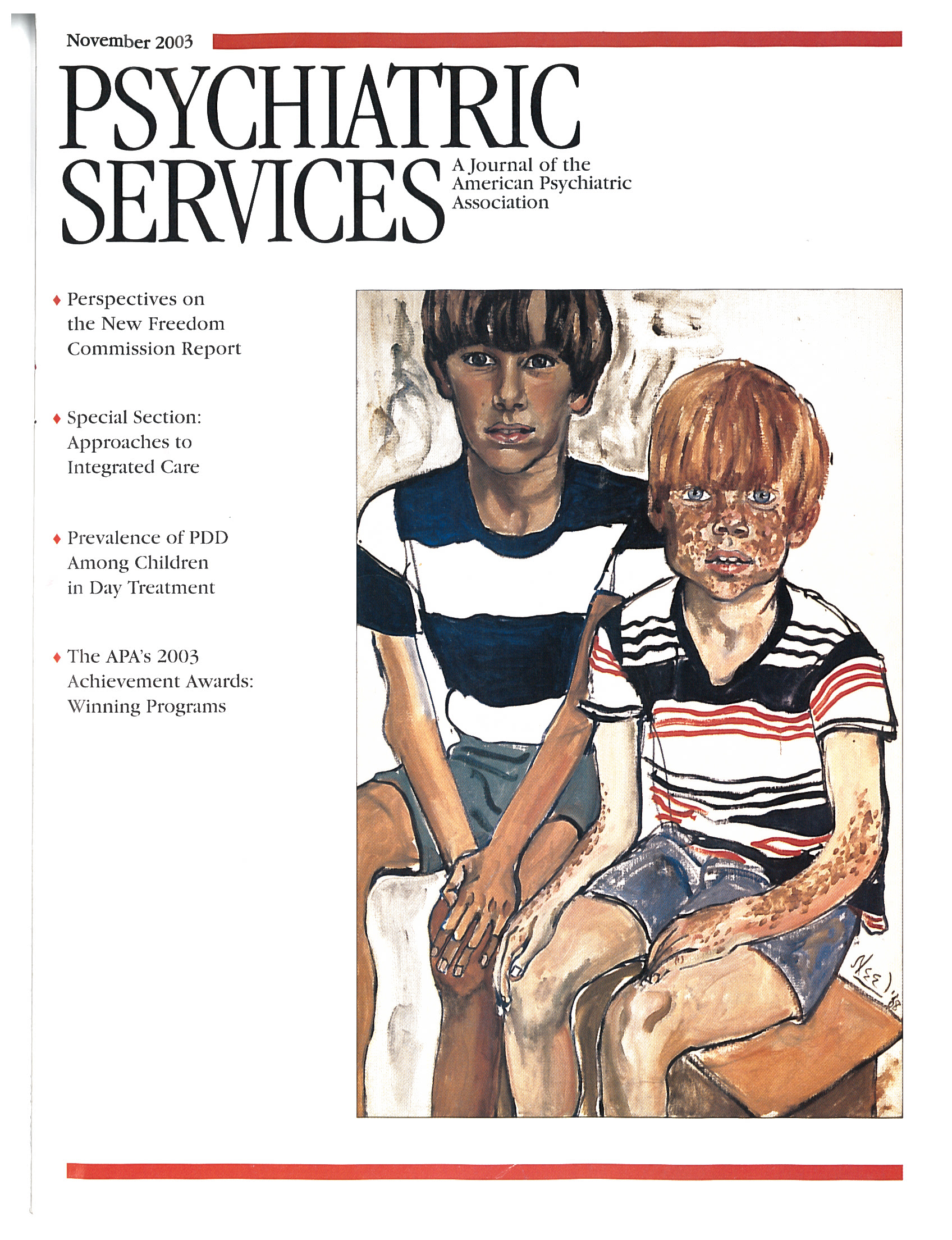Ordinary Mind: Exploring the Common Ground of Zen and Psychotherapy
Barry Magid informs readers of Ordinary Mind: Exploring the Common Ground of Zen and Psychotherapy that for 25 years he has practiced psychoanalysis and Zen Buddhism, first as an analysis patient when he was a beginning Zen student and now as a psychoanalyst and Zen teacher. He notes that both psychoanalysis and Buddhism offer a comprehensive model of the mind and a mode of dealing with human suffering. His goal is to demonstrate that Zen and psychoanalysis can be understood within a conceptually unified picture of the self and practice. This book reflects the insight he has developed over the years about these two practices and the connections between them.
Magid briefly reviews the psychology of the self with an introduction to Heinz Kohut's self-psychology and the intersubjectivity theory of Stolorow, Atwood, and Brandchaft. He then describes the practice of Zen Buddhism and the nature of promoting insight through meditation. Insights about the self are explored, including the emotional and spiritual changes that can occur through both practices.
While acknowledging the differences between the practices, Magid uses a psychoanalytic frame of reference to provide an understanding of Zen Buddhism. In alternate sections, he speaks as a Zen teacher, commenting on The Gateless Barrier, a collection of stories assembled by a Chinese Zen master, and on passages from a classic text of Japanese Soto Zen, Shobogenzo.
He also weaves into the narrative his perspectives as a husband, a father, and a man challenged by life and his practices. He reflects on the integration of the experiences of his psychoanalysis patients and Zen students. The role of authority is explored in the relationship between meditation student and teacher and between patient and analyst. He concludes that "Zen practice, especially when united with the dynamic insights of psychoanalysis, offers us this paradox: a discipline that promises freedom, a hierarchical relationship that fosters true independence, a form that gives formlessness, a transformation that allows everything to be just as it is."
This small book is easy to understand yet complex in its insights and connections; this paradox is consistent with the practice of both psychoanalysis and Zen Buddhism. The explanations of the rudiments of Zen Buddhism and self-psychology are clear enough for a nonpractitioner to understand.
Magid develops a fascinating thesis that two superficially dissimilar practices can find "common ground" in a seeker of knowledge. In his engaging storytelling style, he sounds primarily like a Zen teacher who has knowledge of psychoanalysis—most of his examples are from the Zen perspective, with occasional references to psychoanalysis. His focus is primarily on the meditative experience as a catalyst for change with insights about its relation to psychoanalysis.
This thought-provoking book can appeal to practitioners of Zen Buddhism or self-psychology. Magid's analysis may also interest a general seeker of knowledge who has heard of both practices but does not have a deep understanding of either.
The jewel of this book is the nexus of both practices, as told in the struggle of a man who seeks knowledge on two paths that do not reflect our "give it to me quickly and make it painless" culture. Both paths he has chosen require patience, much time, and willingness to deal with pain and frustration. His life journey is on two parallel paths, and he travels both paths to reach his destination. Did he choose both practices because he unconsciously saw their parallels? His thoughtful book can inspire us to look at our own lives and our own paths and to see the parallels in the roads we have chosen.
Dr. Kalliel is a psychologist and neuropsychologist at the University of Massachusetts Medical School at Westborough State Hospital in Westborough, Massachusetts.



